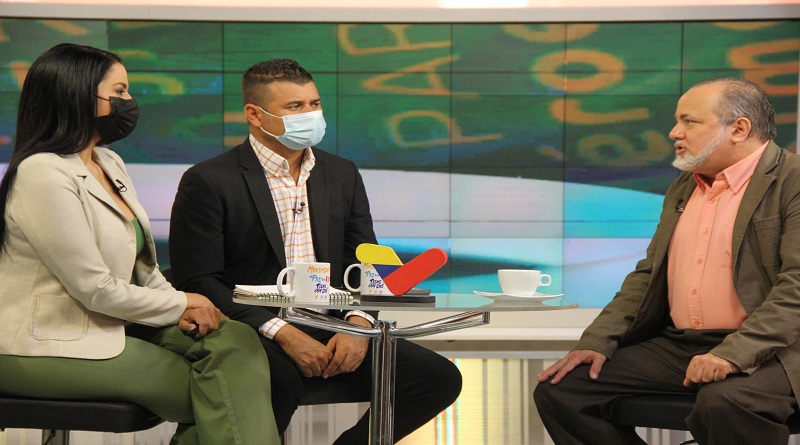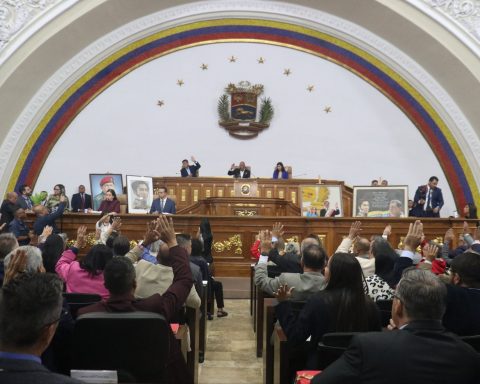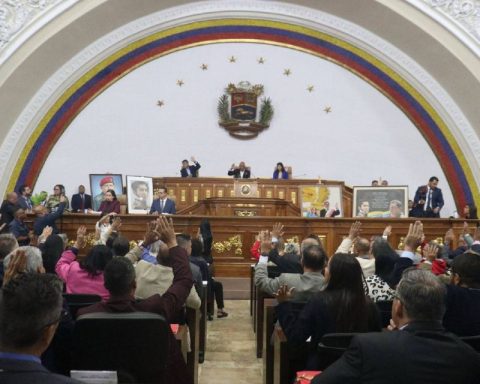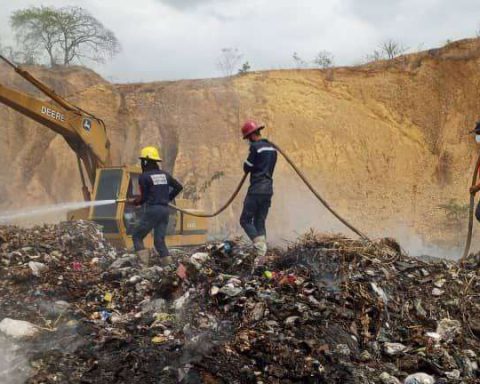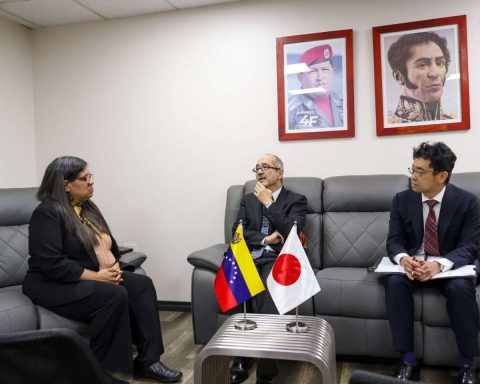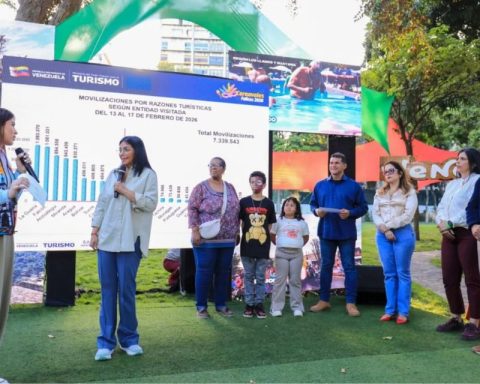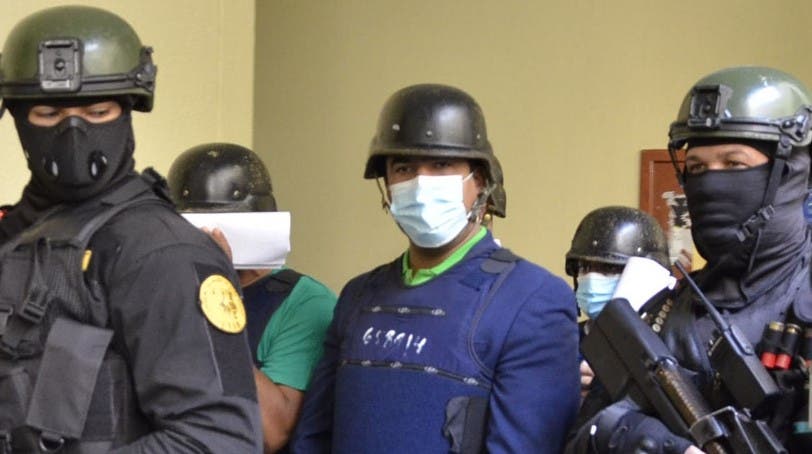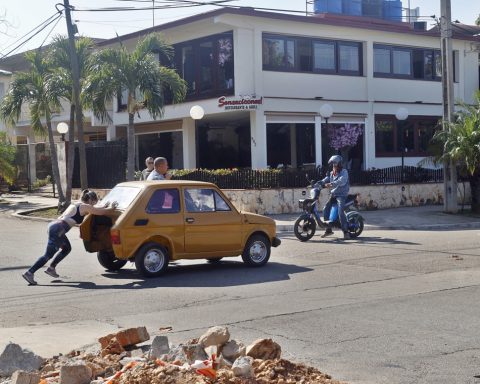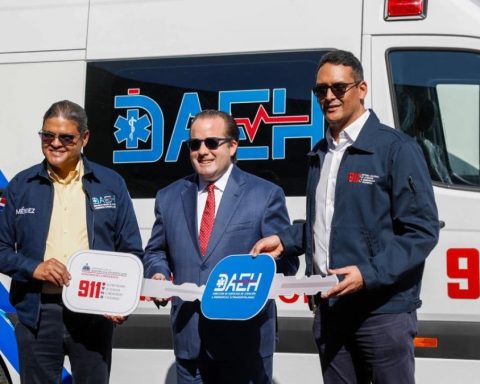The ombudsman, Alfredo Ruíz, was present in the Café en la Mañana program broadcast by Venezolana de Televisión (VTV), as part of the commemoration of the 22nd anniversary of the enactment of the Organic Law for the Protection of Children. and Adolescent (Lopnna).
«Previously, the boy or girl had to be quiet while the adults talked, it is something that has already changed at a cultural level and that is clearly stipulated in the Lopnna. From the age of 14, even adolescents already have duties to society and can be considered a young adult,” the Ombudsman said on VTV.
The ombudsman, as an institution, also deals with the treatment that police security officials should give when they come across cases in which children and adolescents are involved, especially if it is a conflict that involves sexual abuse, Ruiz noted.
In addition, he reported on a bill that is being promoted and is already in the National Assembly (AN), for modifications of the Civil Guardianship Law. “In practically 200 years there have been no changes in this type of law, but Venezuela is now a participatory democracy and we must adapt more and more to current times,” he said.
The celebration of this law, which took place on April 1, recalled its principles in the International Convention on the Rights of the Child and in which it highlighted that since that date the boy, girl and adolescent are considered as a subject participating in the family with rights and duties like any other.
In addition, Ruíz indicated that this legal instrument placed children and adolescents as a priority, always within the Venezuelan culture and community.
This Organic Law also seeks to promote the Education of Indigenous Children and Adolescents and obliges the State to guarantee to all indigenous children and adolescents education regimes, plans and programs that promote respect and the conservation of their own cultural life, their language and access to knowledge generated by their own group or culture.
/CP
